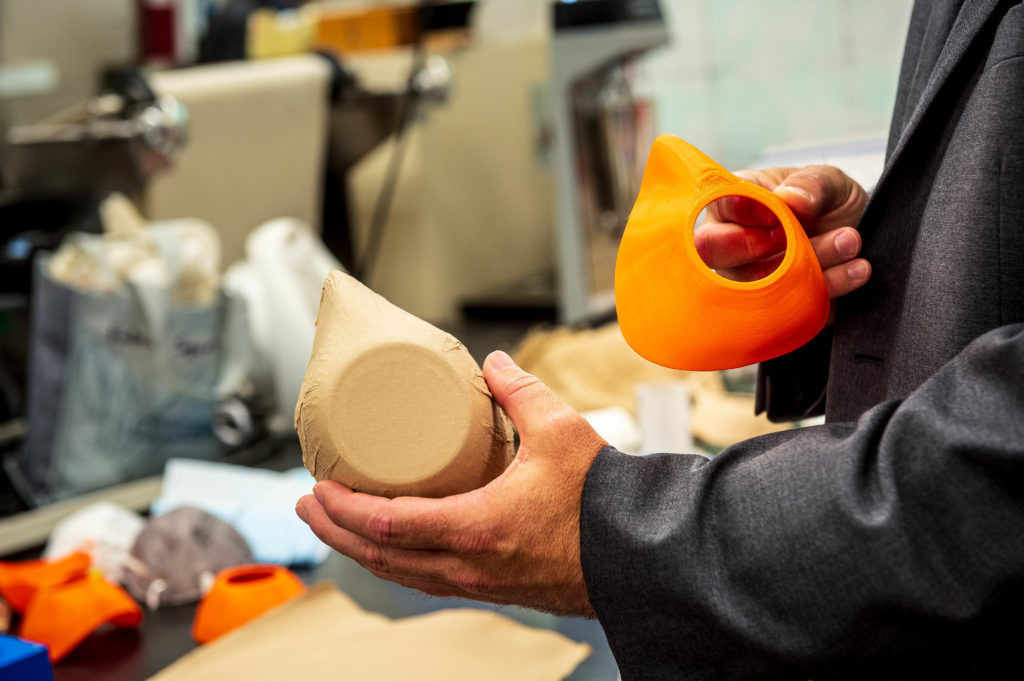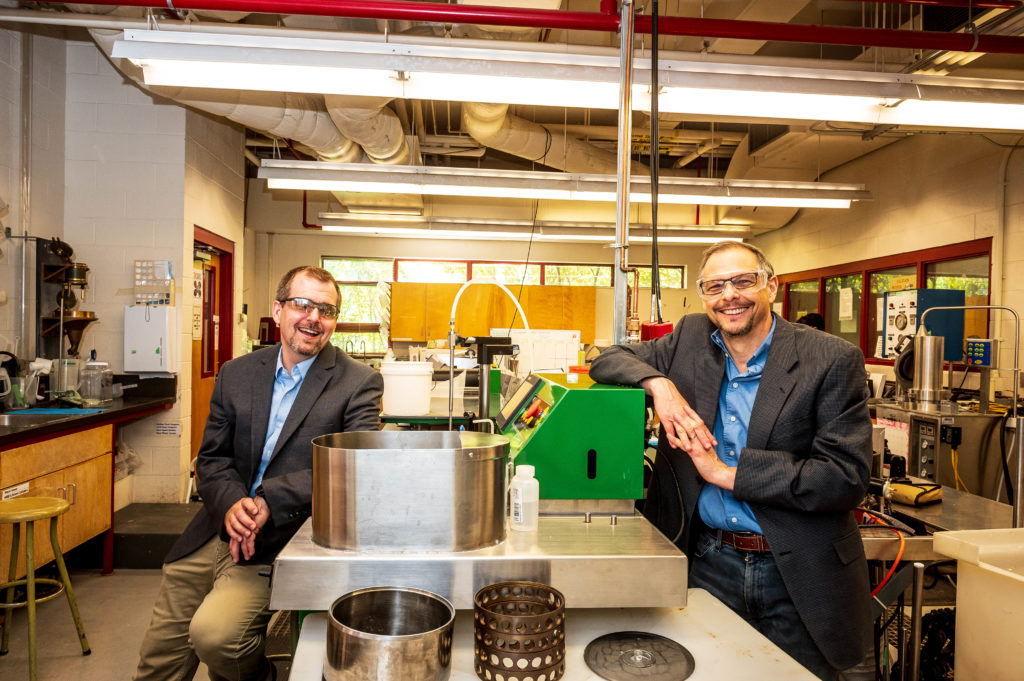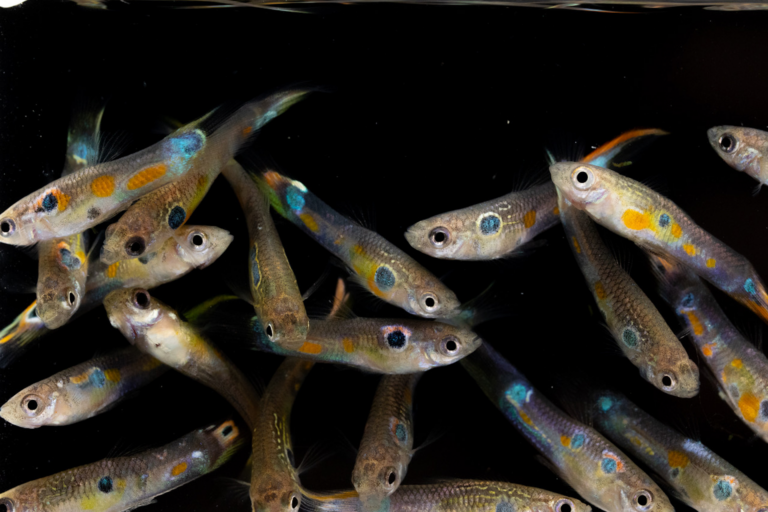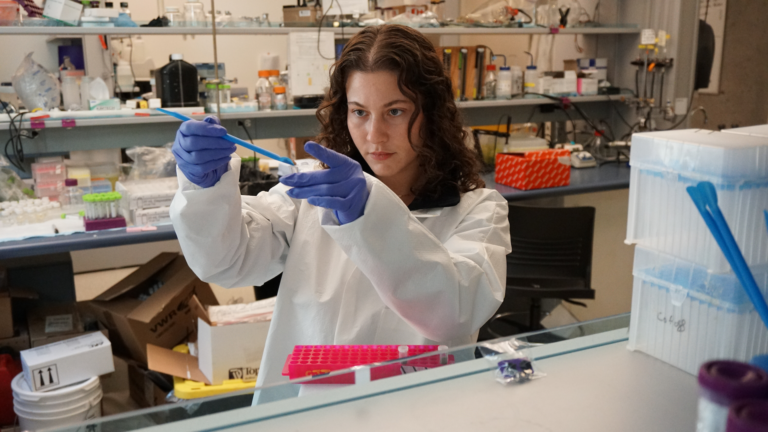UBC researchers develop biodegradable medical mask for COVID-19
The shortage of medical grade masks worldwide has hobbled health care professionals responding to the novel coronavirus—highlighting the need for improving supply lines and manufacturing more masks locally.

Made in Canada design uses local wood fibres and can be produced in B.C.
The shortage of medical grade masks worldwide has hobbled health care professionals responding to the novel coronavirus—highlighting the need for improving supply lines and manufacturing more masks locally.
Researchers in the BioProducts Institute at the University of British Columbia have stepped up to the challenge, designing what could be the very first N95 mask that can be sourced and made entirely in Canada. It’s also possibly the world’s first fully compostable and biodegradable medical mask.

“With escalating tensions during a pandemic, international supply lines for medical masks can break down, creating local shortages,” says researcher Johan Foster, a chemical and biological engineering associate professor in the faculty of applied science. “When we decided to design a mask back in March, we knew early on we wanted a solution that uses local materials, is easy to produce and inexpensive, with the added bonus of being compostable and biodegradable.”
The new mask—dubbed Canadian-Mask, or Can-Mask—ticks all those boxes, says Foster, who’s also the NSERC Canfor Industrial Research Chair in Advanced Bioproducts at UBC.
The mask frame is made entirely from B.C. wood fibres from sources such as pine, spruce, cedar and other softwoods. One prototype uses a commercial N95 filter on the front of the mask, the other uses a filter specially designed by the UBC team from wood-based products. Both prototypes are currently being tested to ensure they meet health industry specifications for fit and permeability, with plans to apply for Health Canada certification in the near future.

The researchers believe the mask is a good alternative to the synthetic masks currently in use. “With millions of disposable masks and gloves already polluting city sidewalks and potentially entering our rivers and oceans, we urgently need a biodegradable option to avoid making a massive impact on our environment,” says Foster.
“If COVID-19 has taught us anything, it’s how important it is to have a robust supply of protective equipment like N95 respirators and surgical masks,” says chemical and biological engineering professor Orlando Rojas, scientific director of the BioProducts Institute and a faculty member with UBC’s faculty of forestry, faculty of applied science and faculty of science. “The Can-Mask is a promising solution, as it pairs B.C. wood—a marvellous material with future potential for advancing our future bioeconomy and creating jobs—with B.C. industry expertise and technology developed and tested right here at UBC.”
Developing the mask took the combined efforts of a multidisciplinary team that included researchers from the faculties of applied science, forestry and science at UBC.
“The Can-Mask is just one of many opportunities for UBC researchers to help address an ongoing issue, while also stimulating B.C. and Canadian economies through novel research, use of local resources, and helping get everyone back to work,” adds Rojas, recently appointed as Canada’s Excellence Research Chair in Forest Bioproducts at UBC.
Mask prototyping is nearly complete, and a shift to cost-effective scaling and production is in the plans.
Media assets:
- Images (Dropbox)
- Video available by contacting lou.bosshart@ubc.ca



